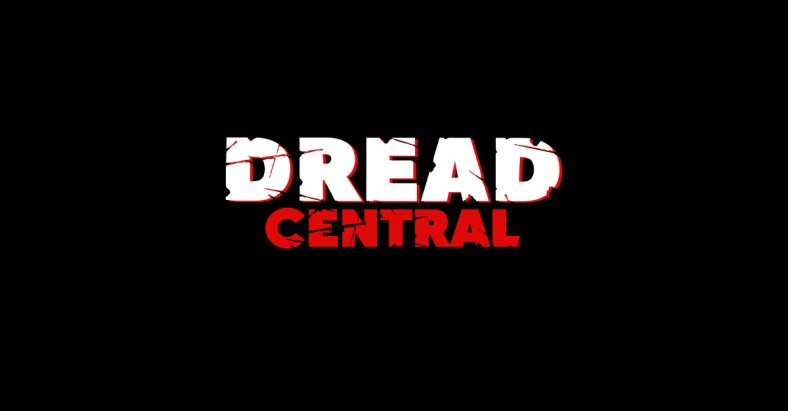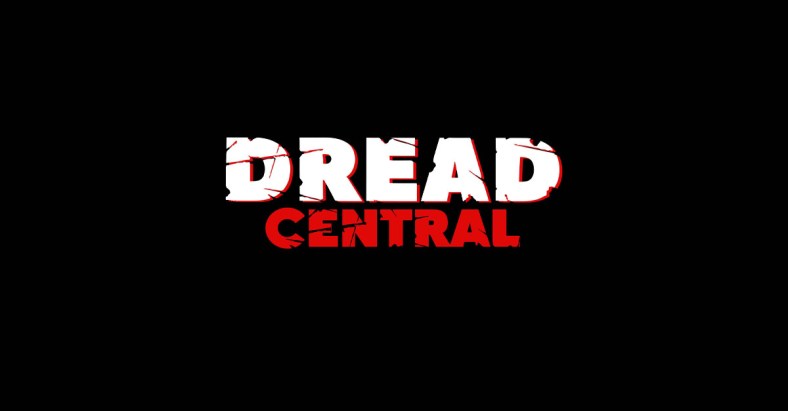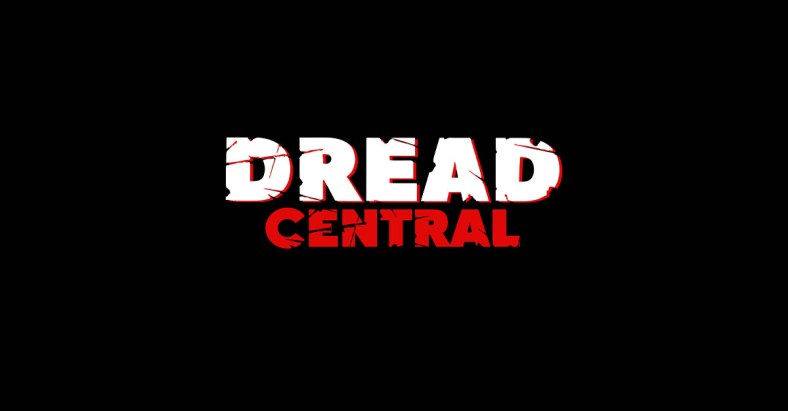Jerry Smith Recommends 5 Scary Horror Scores to Check Out!

Growing up, I couldn’t care less about sports or fitting in. While most kids my age were having breakdance competitions to impress the local cheerleaders, I could be found most recesses knee-deep into the Jurassic Park and The Terminator scores playing on my disc-man.
Related Article: Jerry Smith Looks Back at His Favorite Scary Movie Posters
It felt incredibly easy to be transported back into the cinematic worlds I escaped to, by re-experiencing those films via their scores. The combination of my love for all things film score and all things horror was a given, there were just so many excellent horror scores being released year after year. From the amazing Alan Howarth score for Halloween 4 to Christopher Young’s beautifully haunting score for Hellbound: Hellraiser II, the horror genre has given us so many spectacular pieces of music to love side-by-side with the films they were featured in.
For this list, I thought I’d bypass a typical “here are my favorites of all time!” approach and, instead, feature five horror scores that I gravitate towards while writing and creating myself. These film soundtracks build their films into such intense (and sometimes subtle), frightening experiences and I feel like they should be given the respect the films they’re used in are given. Here are Five Horror Scores to Check Out!
5.) Jakob’s Wife (Composer: Tara Busch)

The most recent addition to this list, Tara Busch’s score to the Travis Stevens-helmed, Barbara Crampton-led Jakob’s Wife has already become one of my go-to scores to throw on while writing and wanting to have some great mood music in the background. Like the great John Carpenter loves to say, there are two types of film scores: the “Mickey Mouse” approach (read about Carpenter’s thoughts in J. Blake Fichera’s excellent Scored to Death book) where there is a cue for everything in the film and my personal favorite approach: underscoring. Providing tone and ambiance to the story of a long-neglected wife finding her own identity while also battling vampiric tendencies following being bitten, Busch’s score brings a feeling of both eerie dread and beautiful ambiance, making the film a very memorable experience.
Favorite cue: “Her Lust, Pt. 1”
4.) Sinister (Composer: Christopher Young)

Scott Derrickson’s Sinister is one of the most terrifying films ever created and a large part of that scare-heavy shock fest of a film, is found within Christopher Young’s panic-filled music that breathes life into a story of a true-crime author biting off more than he can chew, when he moves his family into the location of a murder, eventually coming into the crosshairs of a demon. When Young’s score needs to, it slowly digs its way under your skin before BAM! Hitting you as hard as it can, right in the face. A shocking, brutally effective score, Sinister is a must-own album and shows how truly powerful a good score can be.
Favorite cue: “Don’t Worry, Daddy, I’ll Make You Famous Again”
3.) HALLOWEEN III (Composers: John Carpenter, Alan Howarth)

Turning the synth greatness up to eleven, John Carpenter and frequent collaborator Alan Howarth’s score to Halloween III is a great example of a score that isn’t talked about as much as it should be. When the much-maligned sequel’s music is brought up in conversation, the Silver Shamrock theme is typically the cue being talked about. But taking that jingle out of the equation, Halloween III is a synth-heavy score, full of dread and horror. Between the druid, Stonehenge-obsessed, robot-making warlocks and Tom Atkins and his six-pack womanizing ways, there’s a lot of ground to cover with this score. So Carpenter and Howarth knock the project out of the park with some of, in my opinion, the most underrated JC cues around.
Favorite cue: “Chariots of Pumpkins”
2.) Hereditary (Composer: Colin Stetson)

Ari Aster’s feature debut, Hereditary, shocked audiences and led to quite an upsurge in therapy bills, thanks to its intense and absolutely shocking story of a family falling apart, following multiple familial tragedies. A big reason for such an intense experience lies within Colin Stetson’s terrifying score, the tone is just BRUTALLY emotional. During the past year’s quarantine-existence, I’ve developed a daily ritual of taking a walk to a nearby gas station for a fountain drink and my go-to music to listen to on said walks has been Stetson’s wonderfully demented addition to a huge stew of ingredients that made Hereditary so heavy of an experience. The way Stetson can go from unconventional sax-based sounds to some of the most unique instrumental cues around, this album is such a ride to get through, in the best of ways.
A challenge for you Dread readers: do something very tedious and boring, but listen to “Party, Crash” and tell me it doesn’t make your chore much more exciting and well, downright intense.
1.) Daniel Isn’t Real (Composer: Clark)

My favorite score of the past few years, Clark’s score for Adam Egypt Mortimer’s Daniel Isn’t Real is a symphonic masterpiece, creating a mood and experience that pulls you right into the story of dueling personas, both fighting for control of Miles Robbin’s Luke character. When the score hits on this one, it HITS and there’s something so entrancing and just gorgeously enthralling about music that helps elevate an already phenomenal film. The combination of Mortimer and co-writer Brian DeLeeuw (based on his own novel, In This Way, I Was Saved)’s screenplay, Mortimer’s direction, excellent performances all across the board, and Clark’s exceptional score, all work together to create a film that stays with you, long after it’s over. A good score is one you can enjoy just as much WITHOUT the film and this one is a great example of just that. A solid album full of solid cues.
Favorite cue: “I’m Pulling My Face Off”
Also Read: Dread Central is now on Google News!
Categorized: Editorials Lists News
